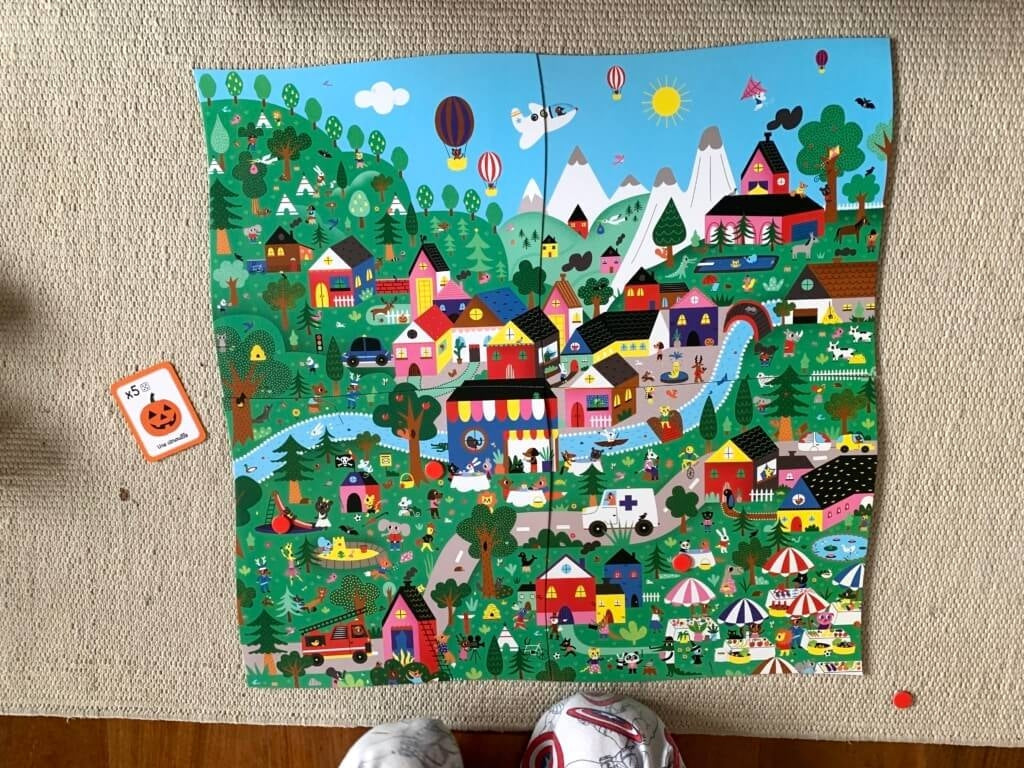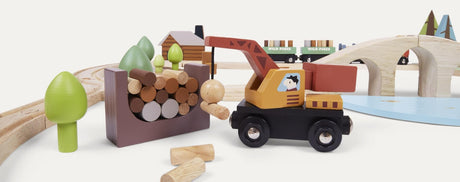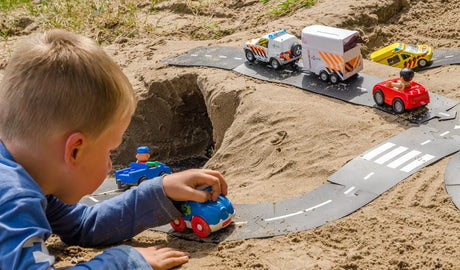We frequently hear parents worry about their child's ability to concentrate: “I have the impression that my child is not listening to me when I speak to him” ; “the educator says that he is not able to sit still” , or “he never manages to complete an activity!” » .
Attention is a complex cognitive process which refers to the ability to focus on an activity or a person over a given period of time . It allows the child to determine what information is important to process so that he can organize his action for a specific goal.
It exists several types of attention:
- Sustained attention is the ability to focus attention on a single target in a sustainable manner (for example, doing a long, monotonous exercise).
- Selective attention is here ability to maintain attention on a target in the presence of distractions (for example, listening to the teacher without being distracted by the noise around).
- Divided (or shared) attention is here ability to manage multiple sources of information at the same time (e.g., reading information on the board while listening to the teacher).
THE attentional abilities are closely linked to inhibition (being able to slow down behavior, restrain yourself before acting, control your impulses) and planning (organizing one's actions for a specific purpose) which are part of the executive functions.
These are essential for development and learning. They will allow you to develop strategies with a specific goal (getting organized, concentrating without getting distracted, finding new solutions to adapt to change) and are necessary to live in a group (integrate the rules, learn to listen to others, stop at a signal, etc.).
Do you know how long a child can stay attentive?
Attentional skills evolve with your child's age:
- Before 3 years old, it is difficult for him to stay focused for 10 minutes.
- Around 3-4 years old, he can concentrate for up to 15 minutes.
- Around 5-6 years old, we will be talking about twenty minutes.
- At 6-8 years old, it is estimated that the child has up to 30 minutes of maximum sustained attention...
We now understand why many children are unable to sit still and pay attention for an hour at school!
The development of attentional abilities and executive functions is essentially linked to the slow and progressive maturation of the cortex. This maturation begins in utero and continues into adulthood.
The young child is then controlled by an immature, more primitive cortex. This is why, before the age of 6, the child is more impulsive, he has more difficulty ignoring the distractions around him and therefore has a more limited capacity for concentration.
How to support the child's attention?
Generally speaking, the smaller the child, the lower their resistance to distraction. Between the ages of 3 and 7, a child's attention skills are more evident if their senses are stimulated (e.g., hearing, touch, sight, etc.). The sense of sight is particularly used in the process of attention; we then speak of visual attention.
There exists a multitude of games to strengthen attentional skills of your child. We are thinking in particular of games that help stimulate auditory attention skills:
- THE " arabic phone »: the adult whispers a message in the ear of a child who transmits it to his neighbor in the same way and so on. At the end, we compare the final message to the initial message.
- The game of “ Simon said » which, in addition to stimulating attentional capacities, will stimulate inhibition capacities.
- Reproduce a drawing respecting the oral instructions.
- Read a story and ask your child about certain details of the story.
There are also games that stimulate attentional skills in a visual form, including seek and find game books which are an excellent example!





